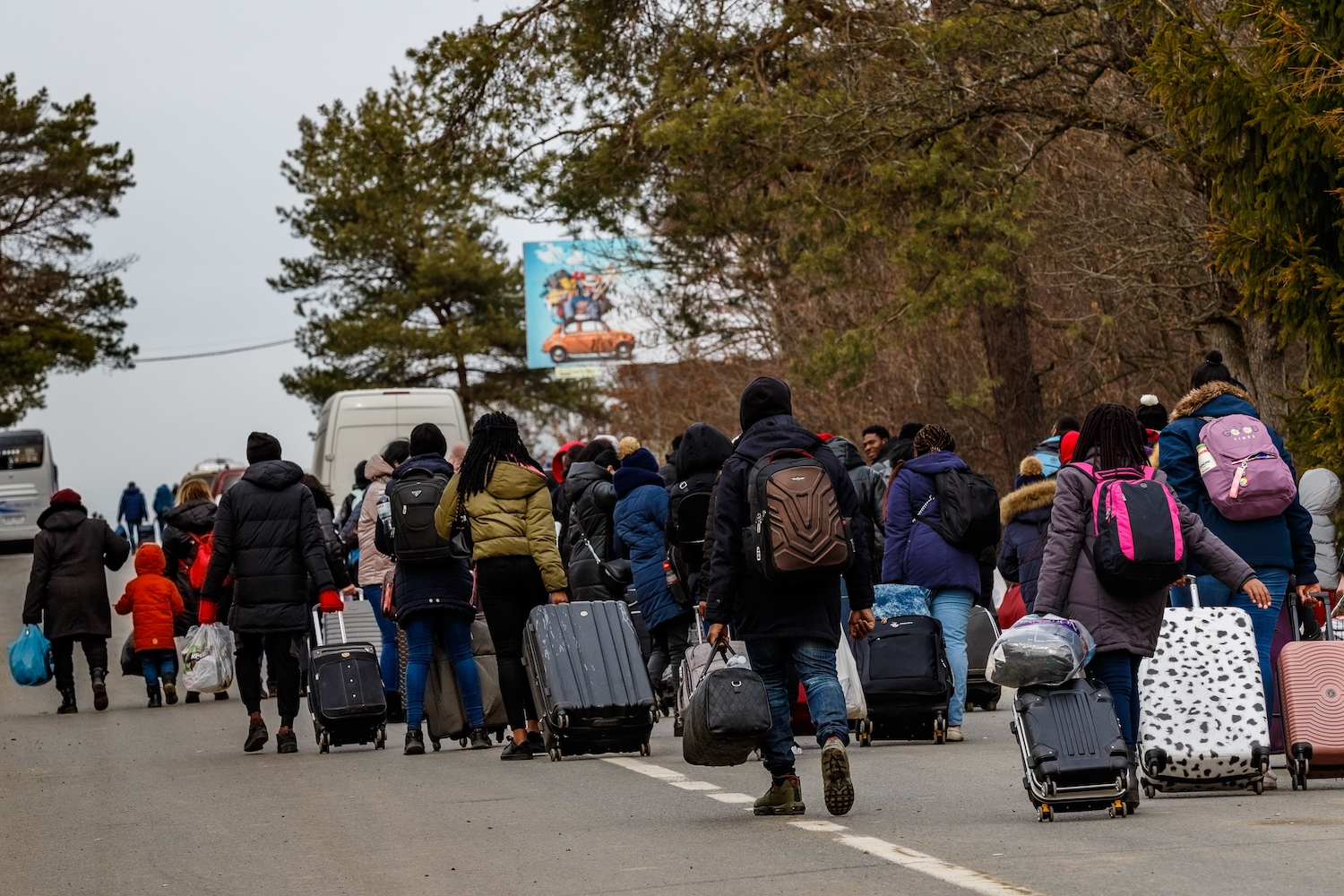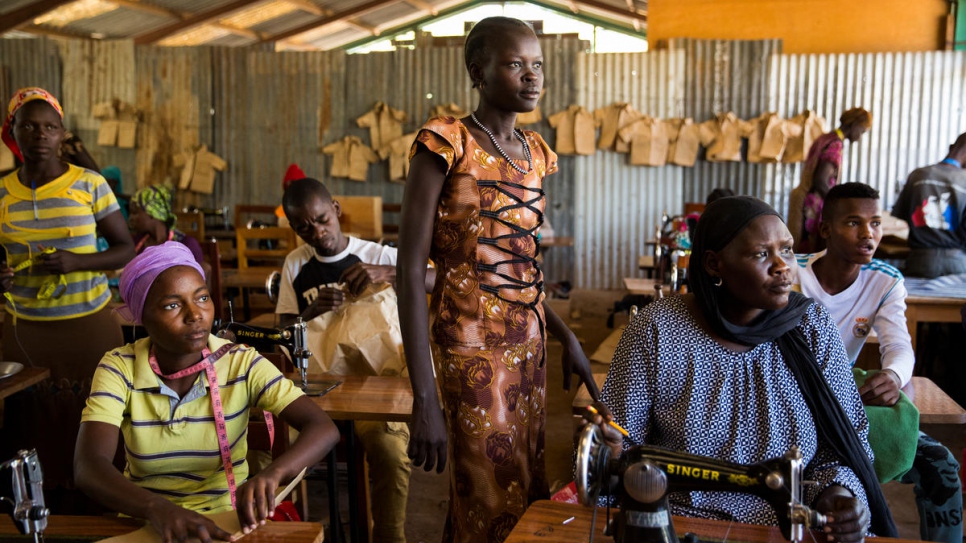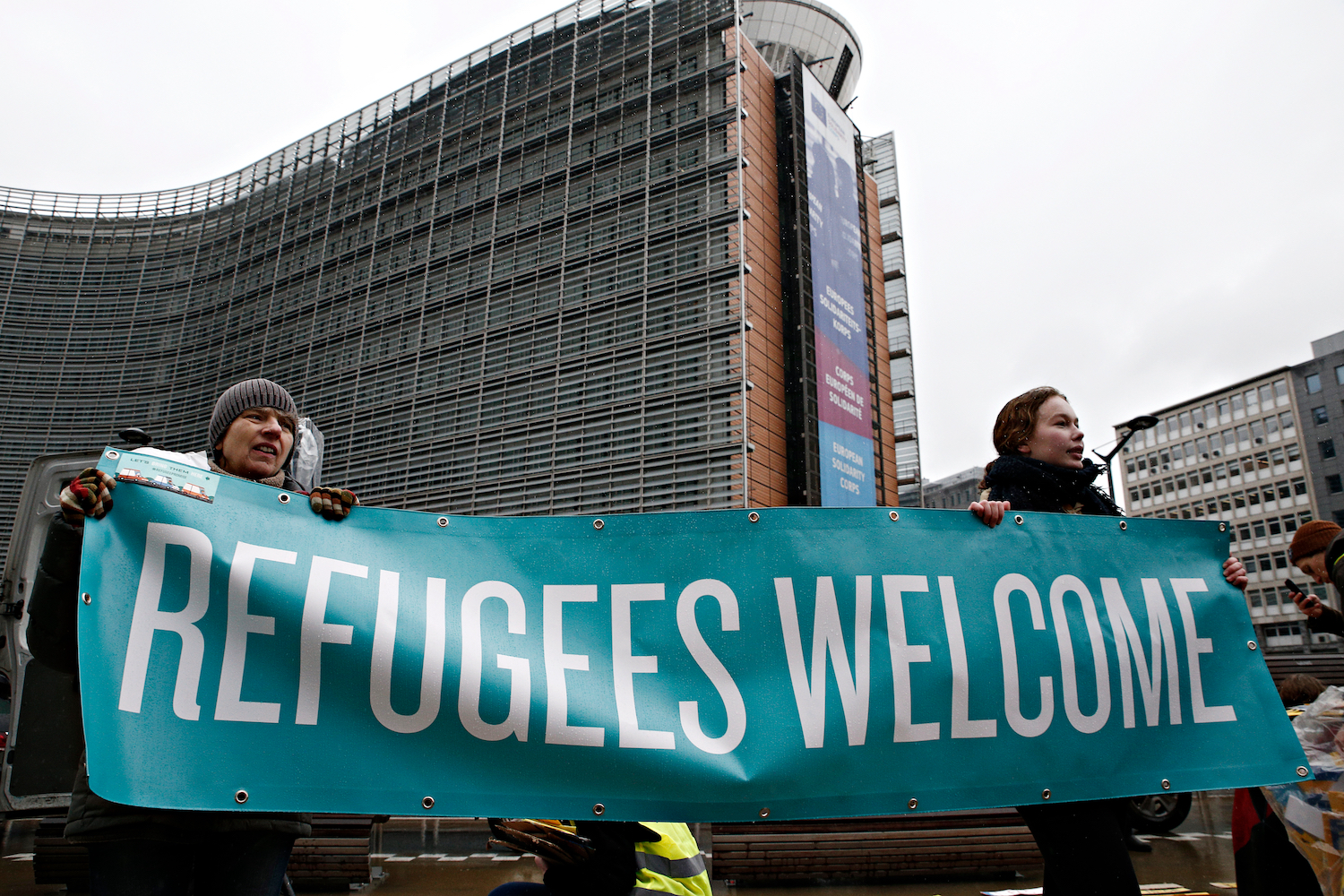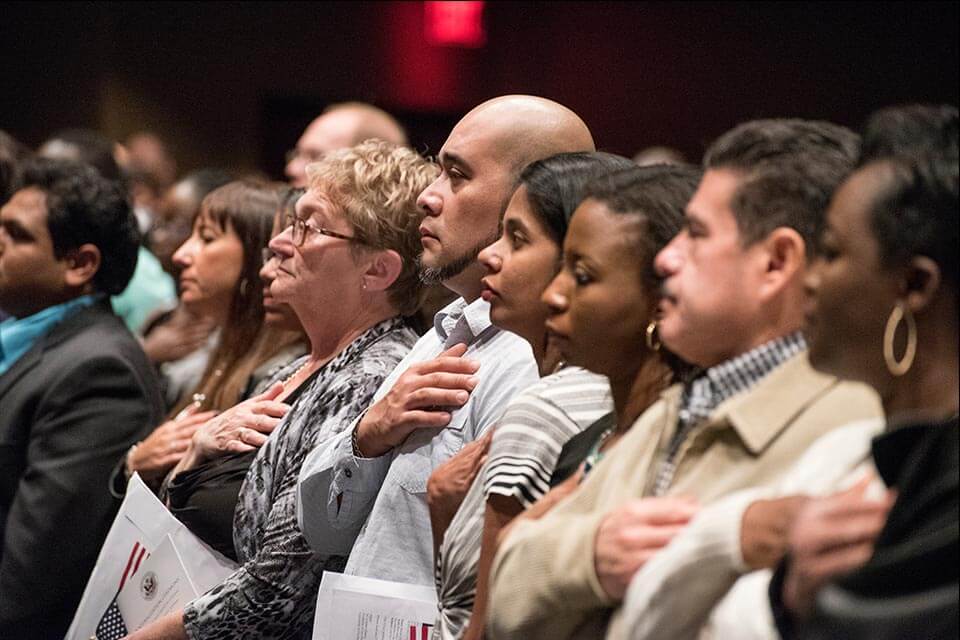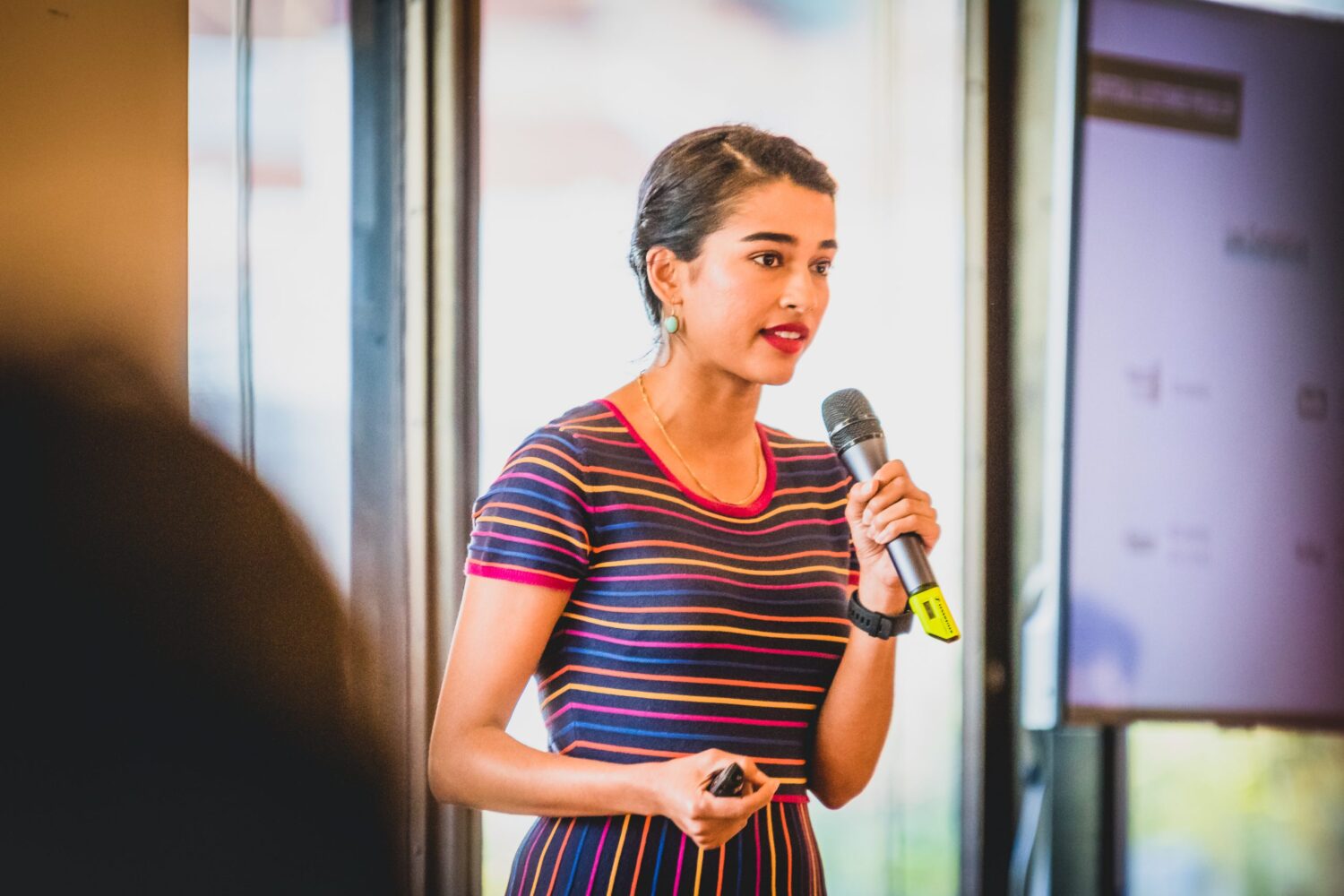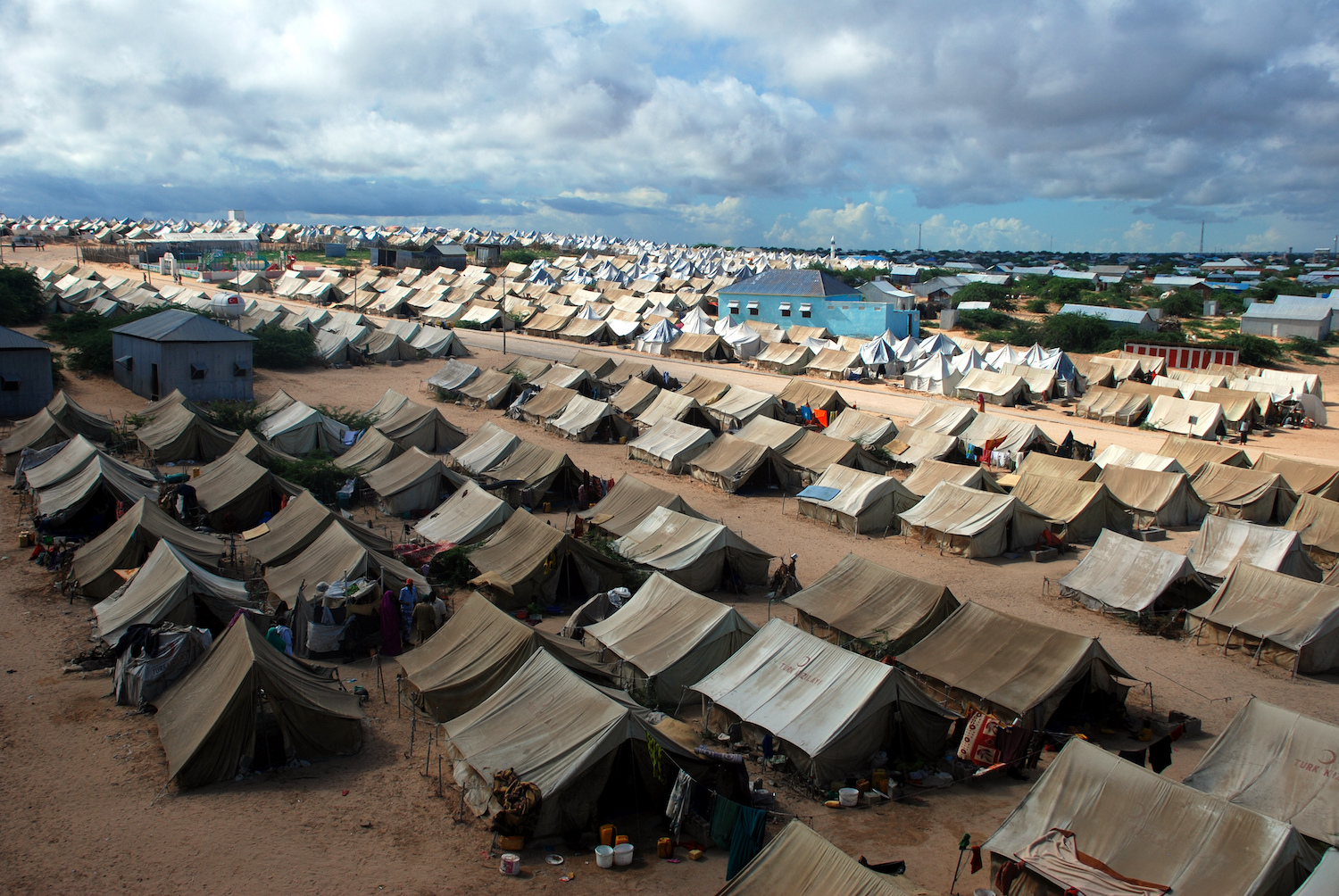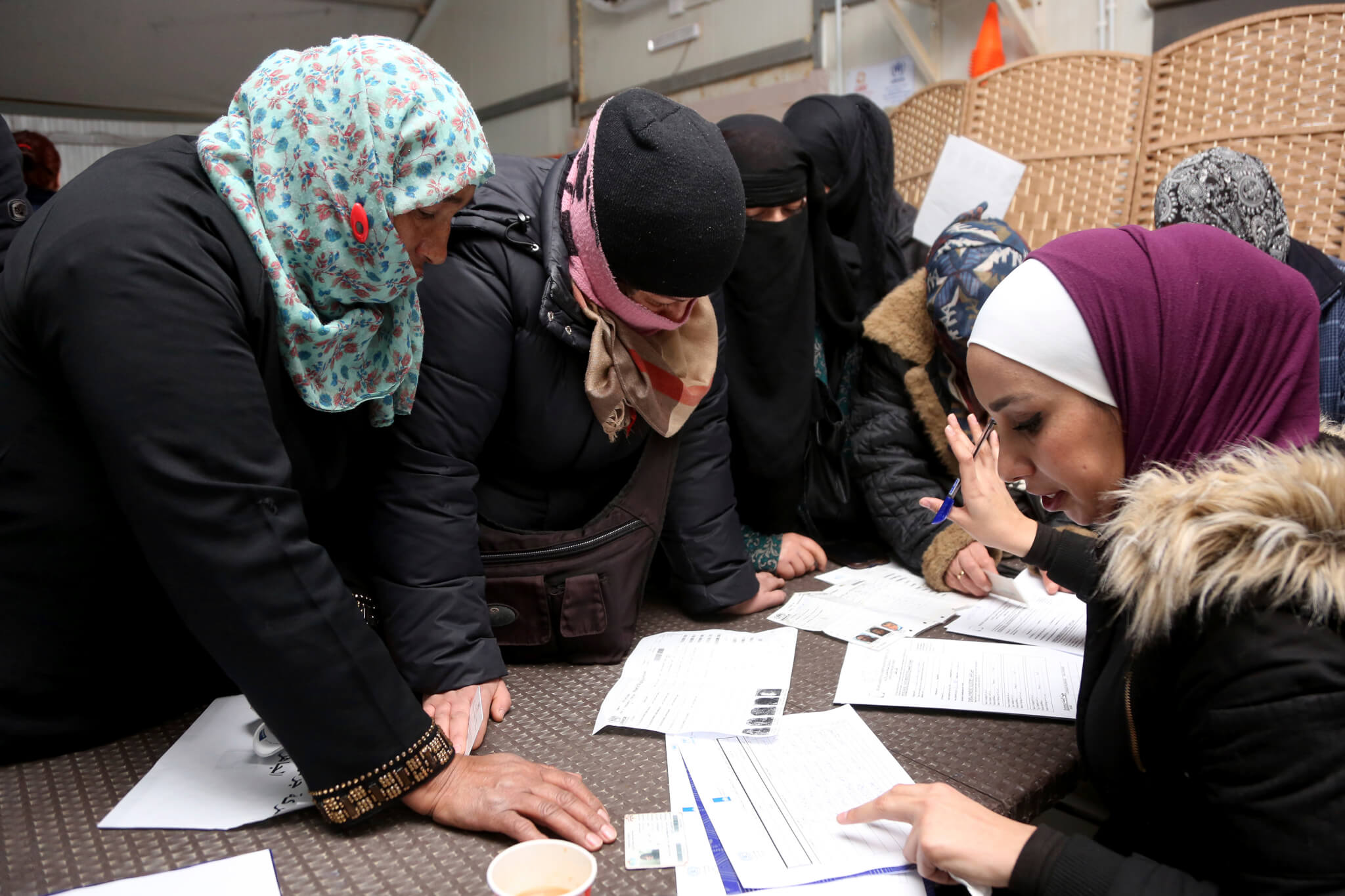ImpactAlpha, Mar. 8 – The Russian invasion of Ukraine has triggered the fastest growing refugee crisis in Europe since World War II. More than 1.7 million people – so far – have fled Ukraine into neighboring countries, according to the United Nations. More than seven million could be forced to flee; millions more are displaced within the country.
The European Union last week moved to activate the E.U’s Temporary Protection Directive for the first time. The directive, a legacy of the Balkan wars of the 1990s, offers refugees collective protection status for at least a year and access to housing, education, health, social welfare, residency permits and other benefits. The decision is “unprecedented,” says Filippo Grandi, the UN High Commissioner for Refugees. “It will provide protection to millions on the move.”
U.S. response
The U.S. has granted temporary protected status to the estimated 34,000 Ukrainians who arrived in the U.S. before March 1. The Biden administration has yet to rebuild the U.S. refugee program, which was curtailed in the Trump years. A presidential directive could boost the cap on the number of refugee spots allocated to Europeans and others fleeing Ukraine, such as Africans.
Equitable migration
The U.N. has condemned racism at the Ukrainian border, where students and migrants from Africa, South Asia and the Middle East have been targeted, segregated and forced to wait days at the border while Ukrainian nationals are allowed to pass. Discriminatory treatment of people of African descent and others requires urgent action from the E.U. and its member states, said Tendayi Achiume, a UN special rapporteur.
“There is no excuse to treat human beings like this,” says Giselle Frederick of London-based Sonaaar, which is fundraising and coordinating support for ethnic minority refugees. The E.U’s offer of automatic protection may not cover all non-Ukrainian refugees.
Global citizens
Chef Jose Andres’ World Central Kitchen is feeding tens of thousands of refugees at eight border crossings and supporting local restaurants in eight Ukrainian cities including in Odessa, Lviv, and Kyi.
Airbnb is offering free (temporary) housing to 100,000 Ukrainian refugees. “This is good, but not a long-term solution,” says John Kluge of the Refugee Investment Network. The only U.S. resettlement city that is expanding housing with a dedicated affordable housing partner is Louisville, KY. “This needs to change if collectively, we want to permanently resettle larger numbers of displaced families, including both Afghan and Ukrainian refugees,” Kluge says.
Global Citizen has more than two dozen ways you can help Ukraine.



